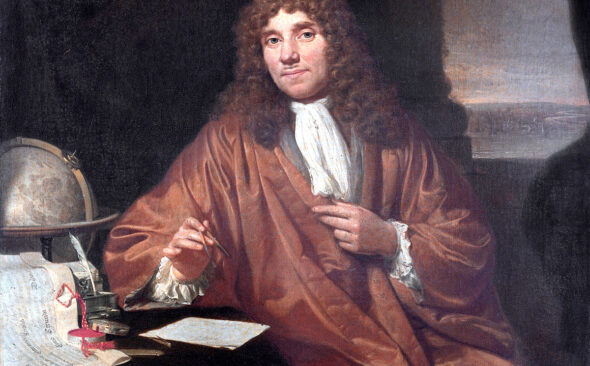Brieven-editie Van Leeuwenhoek afgesloten / Van Leeuwenhoek Correspondence Edition concluded
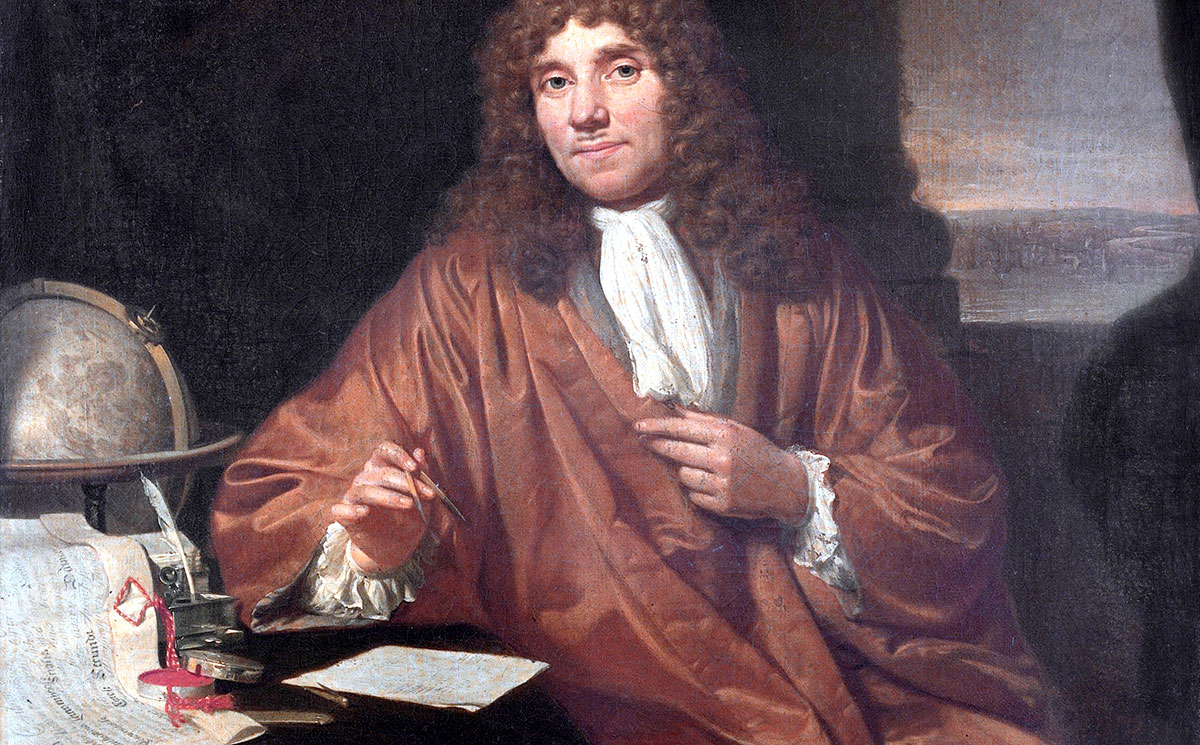
Translation in English below
Op 13 december 2024 zijn de afsluitende delen 18, 19 en 20 van de brievenuitgave Alle de Brieven van de Delftse microscopist Antoni van Leeuwenhoek (1632-1723) beschikbaar gekomen. Met de publicatie van deze laatste drie delen is een monumentaal project voltooid dat al in 1932 werd opgestart ter gelegenheid van Van Leeuwenhoeks driehonderste geboortedag. Lees meer…
De Dordtse Descartes? Kennis en cultuur in Dordrecht: Isaac Beeckman, 1588-1637. (Dordrecht, 18 & 19 april 2024)

Toen de bekende Franse filosoof René Descartes in 1628 naar Dordrecht reisde, kwam hij niet voor de geleerde predikant Balthasar Lydius of de bekende staatsman Jacob Cats. Hij kwam voor de rector van de Latijnse School ter plaatse, Isaac Beeckman (1588-1637), die bekend was geworden als grondlegger van een nieuwe natuurfilosofie op mechanistische grondslag. Beeckman was rond 1630 namelijk de meest originele geest die Dordrecht op dat moment kende en nog altijd is hij bekend vanwege zijn cruciale bijdrage aan de mechanisering van het wereldbeeld (E.J. Dijksterhuis).
Call for Papers: Grounding the Arts: Crossing the History of Art with the History of Earth Sciences (Lyon, 23-28 June 2024; Deadline 15 September 2023)
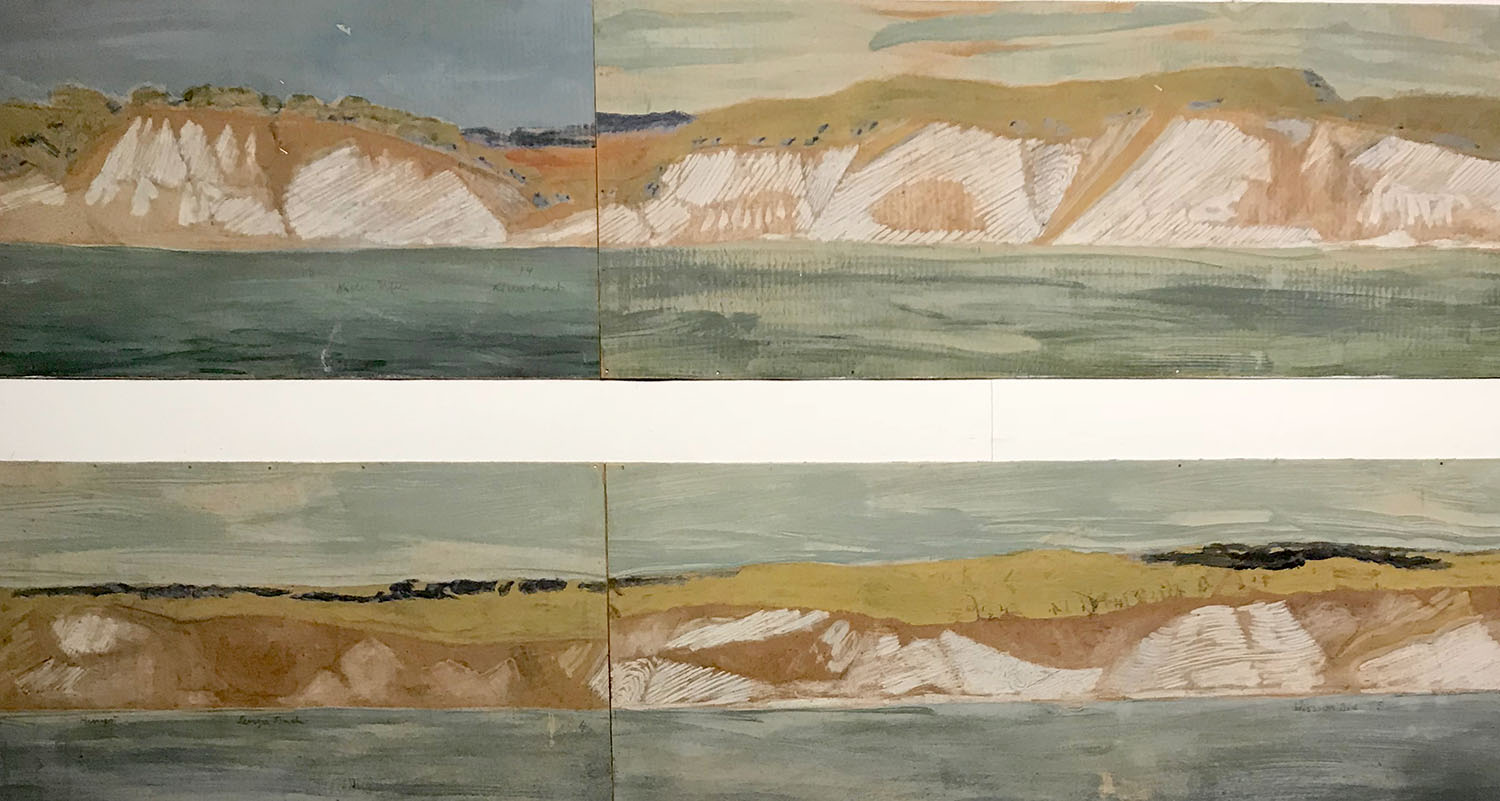
In 1597, Agostino del Riccio wrote in his Istoria delle pietre, “why do we visit Rome and Florence and other cities if it is not to see stones reduced to good shapes?” He thus expressed the link that has always existed between materials from the Earth and artistic creation. This link puts into question the relationship between the natural and the artificial, materials and crafts.
The universe of geological materials has never ceased to nourish artistic creativity, from crushed pigments to marbles and stones used in architecture and sculpture. Fossils also take part in this myriad of materials, from the fossil teeth of sharks used by medieval artists in the making of medicinal idols to the sculptures that are the skeletons of dinosaurs exhibited in museums of natural history. As recent scholarship has shown, this richness of materials has given rise to a whole world of symbols, which manifests itself in the history of collections at least since the Wunderkammern of the modern period. Lees meer…
Does science need heroes? (Nobel) Prizes in the sciences in past and present (Rijksmuseum Boerhaave, Leiden, September 29-30, 2023)
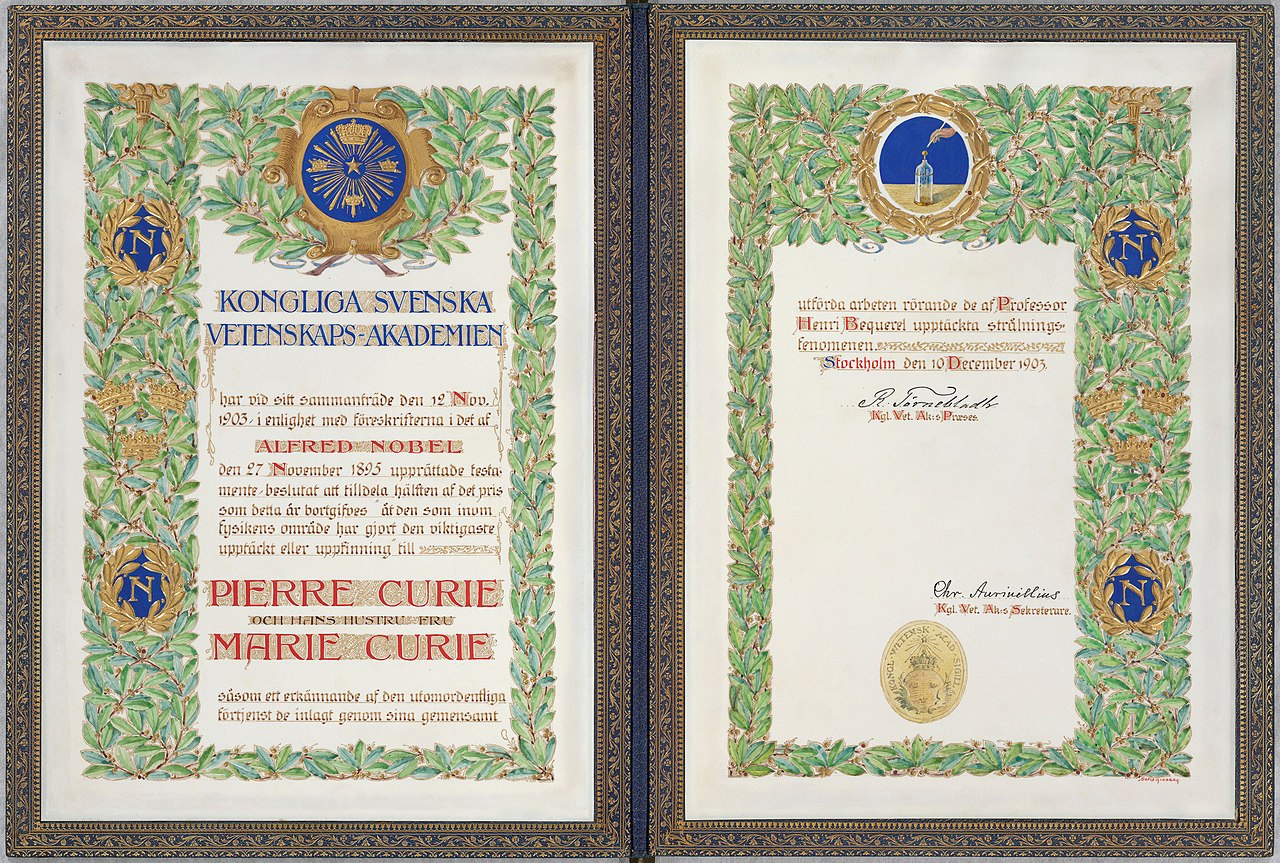 Prizes in the sciences are a barometer of how we look at scientific excellency and how we value scientific practices and results, both within and outside the scientific community. Studying prize cultures therefore can help to unravel social aspects of the scientific practice and how science is regarded in society.
This symposium seeks to investigate how prize cultures have changed in the course of time, and what role prizes have (or should have) in current scientific practices. It is presented by Rijksmuseum Boerhaave and the Institute for History, Theory and Ethics of Medicine of the Heinrich-Heine-University Düsseldorf, Germany.
Prizes in the sciences are a barometer of how we look at scientific excellency and how we value scientific practices and results, both within and outside the scientific community. Studying prize cultures therefore can help to unravel social aspects of the scientific practice and how science is regarded in society.
This symposium seeks to investigate how prize cultures have changed in the course of time, and what role prizes have (or should have) in current scientific practices. It is presented by Rijksmuseum Boerhaave and the Institute for History, Theory and Ethics of Medicine of the Heinrich-Heine-University Düsseldorf, Germany.
[Call for Participation] How to take patients’ histories: Doing medical history from below in practice (Utrecht, 28-29 September 2023; Deadline 14 April 2023)
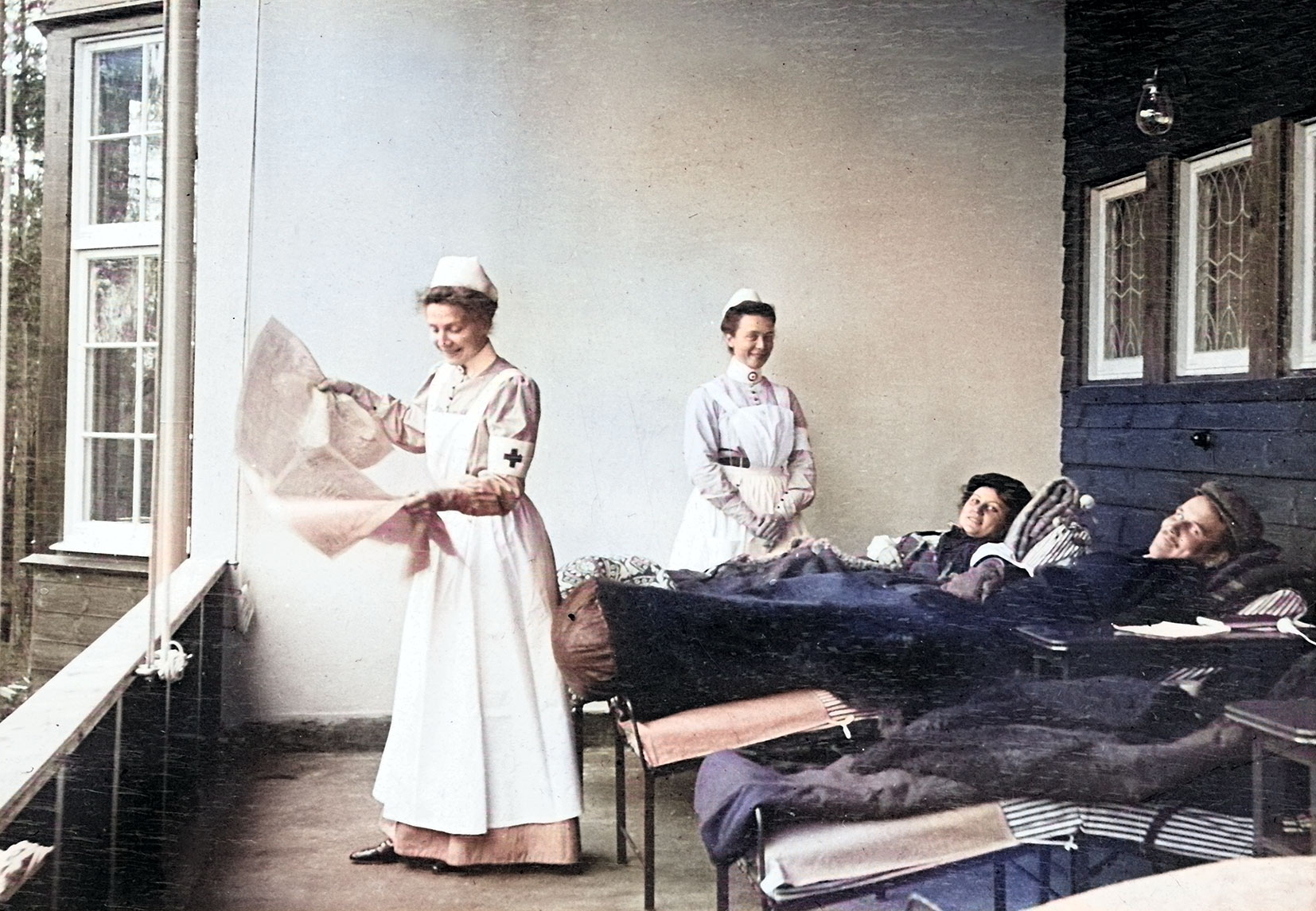
Almost forty years ago, Roy Porter published his seminal article ‘The Patient’s View: Doing Medical History from Below’. Historians routinely ignored the roles, perspectives, and experiences of sufferers, Porter argued, even though sufferers were the source and origin of any history of healing, and shaped medical encounters and health experiences just as much as healers did. Hence, Porter formulated his ambitious research agenda to shift focus to “the history of the sick,” which he considered central to all medical history and the backbone of social history as well. Lees meer…
[Call for Papers] 2023 Cain Conference “Science in Humanities, Humanities in Science: Embedded Connections” (Philadelphia, 2-4 October 2023; Deadline 1 April 2023)
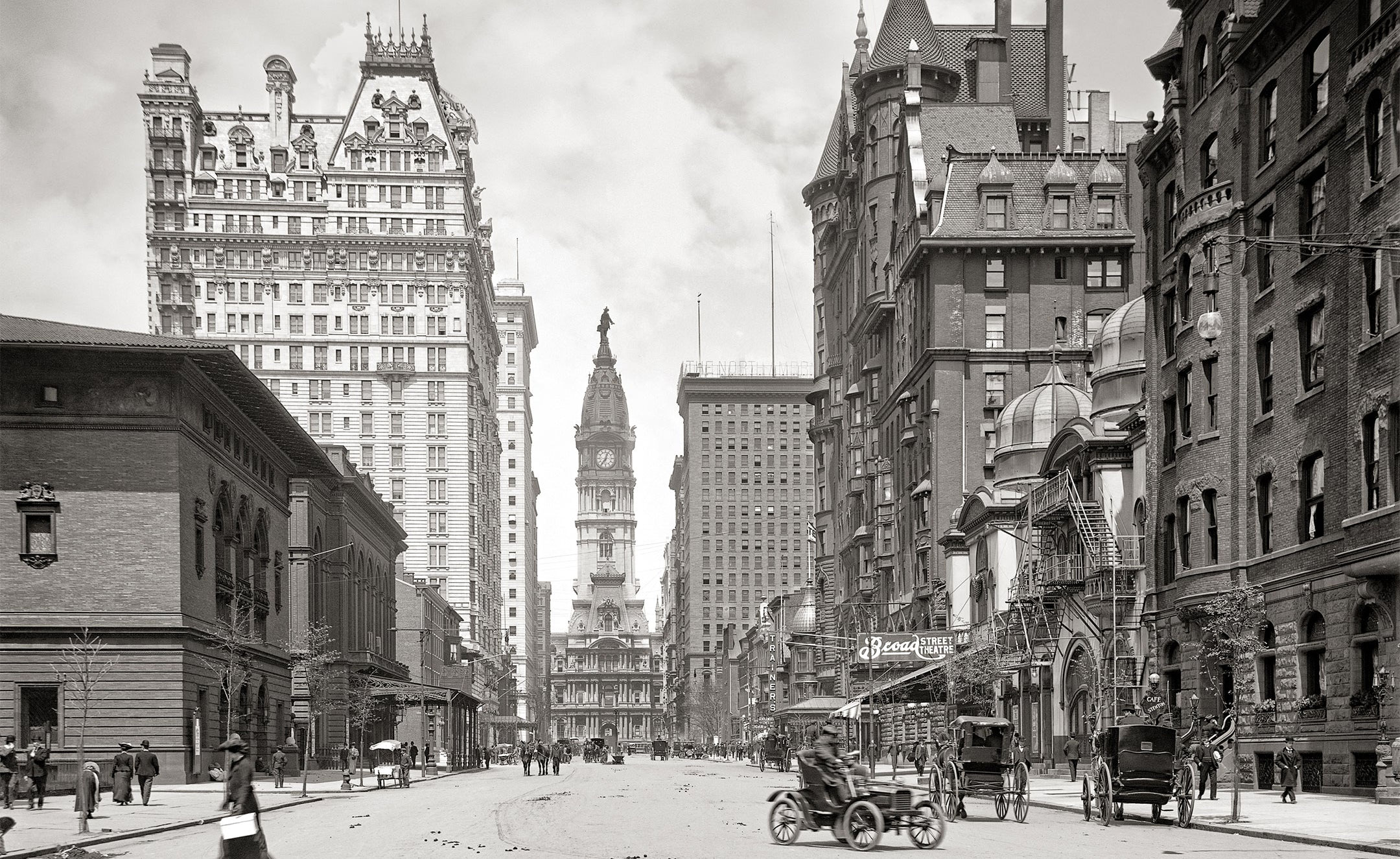
What can specialists in humanities fields learn from how specialists in STEM disciplines understand and go about humanistic thinking, and vice-versa? What can those “moonlighting” in this fashion learn through putting their methods side by side with those of specialists? Are “STEM” and “humanities” accurate or useful shorthands for the kinds of thinking in question? How do practitioners in intrinsically multi-modal fields rework humanistic and technical thinking in bringing them together? What makes individual and collaborative work of this sort succeed or fail and what are the standards for judging? Lees meer…
Symposium: 50 jaar Hoofdgebouw VU (12 april 2023)
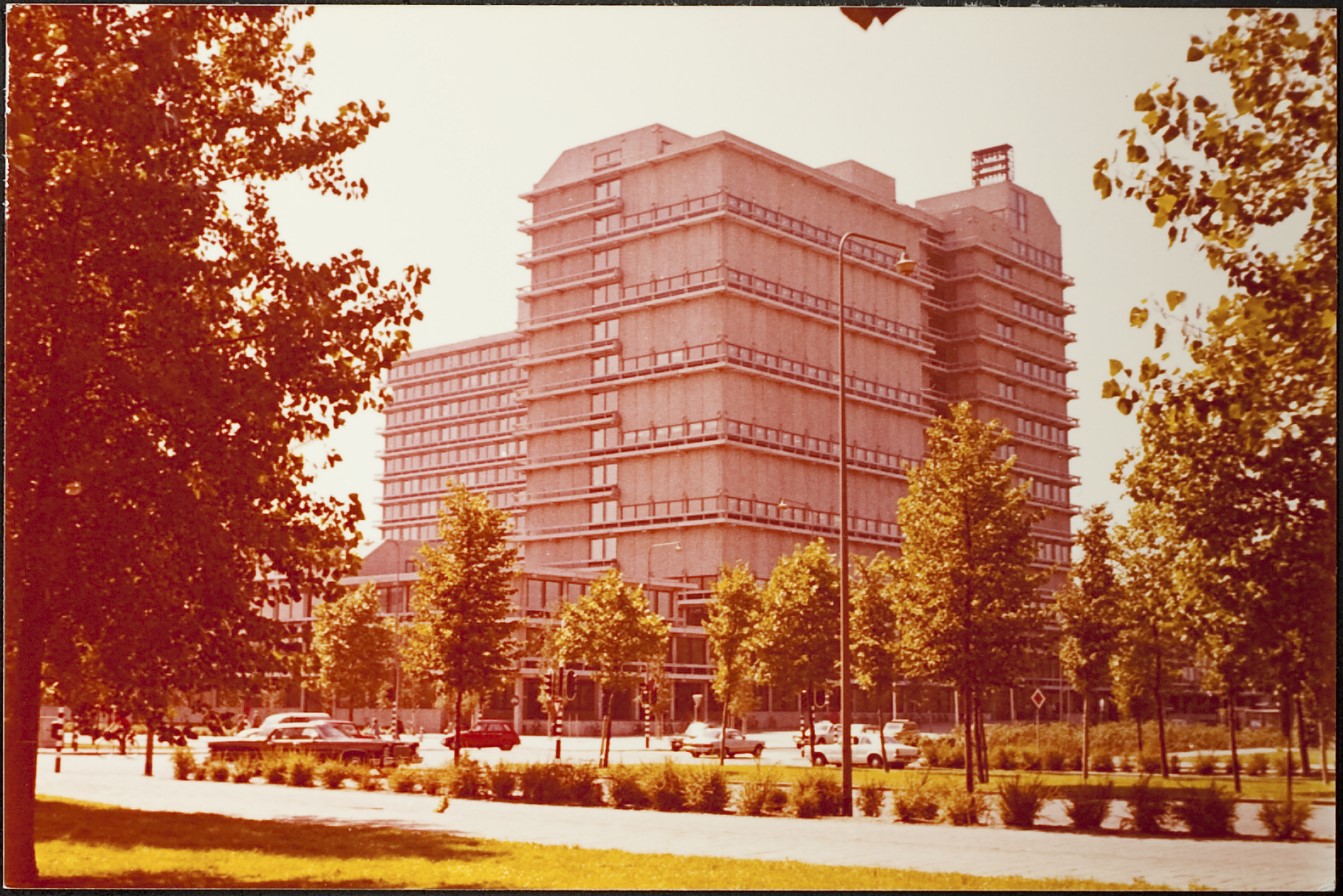
Op 12 april viert de VU het feit dat 50 jaar geleden het hoofdgebouw aan de De Boelelaan werd geopend. Een halve eeuw gebruik is niet onopgemerkt aan het gebouw en zijn omgeving voorbijgegaan. In 1973 een van de grootste en hoogste gebouwen van Amsterdam, vormt het nog altijd een baken in een sterk veranderde omgeving. Tijdens een feestelijk symposium zetten we de vijftigjarige in het zonnetje.
Lees verder op Geheugen van de VU
Persoonsverheerlijking rond het Biographisch Woordenboek der Nederlanden
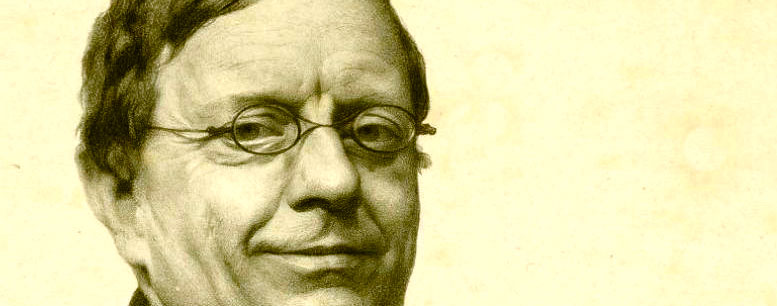
Door Eric van der Linden
Onder veel gebruikers van biografische woordenboeken is het gewoonte om het Biographisch Woordenboek der Nederlanden aan te duiden als ‘VAN DER AA’ omdat Abraham Jacob van der Aa de eerste hoofdredacteur was, maar misschien ook wel omdat hij ons zo streng uit de hoogte aankijkt op zijn door A.J. Ehnle vervaardigde portret.
Van der Aa had een veelbewogen leven, was van groot statuur als schrijver en redacteur, mede door zijn werk aan het Aardrijkskundig Woordenboek. Maar is de vereenzelviging van Van der Aa met het Biographisch Woordenboek wel terecht?
Lees verder op het Biografisch Portaal
[Call for Papers]: 13rd International Conference on History of Chemistry (Vilnius, 23-27 May, 2023; Deadline 1 December 2022)
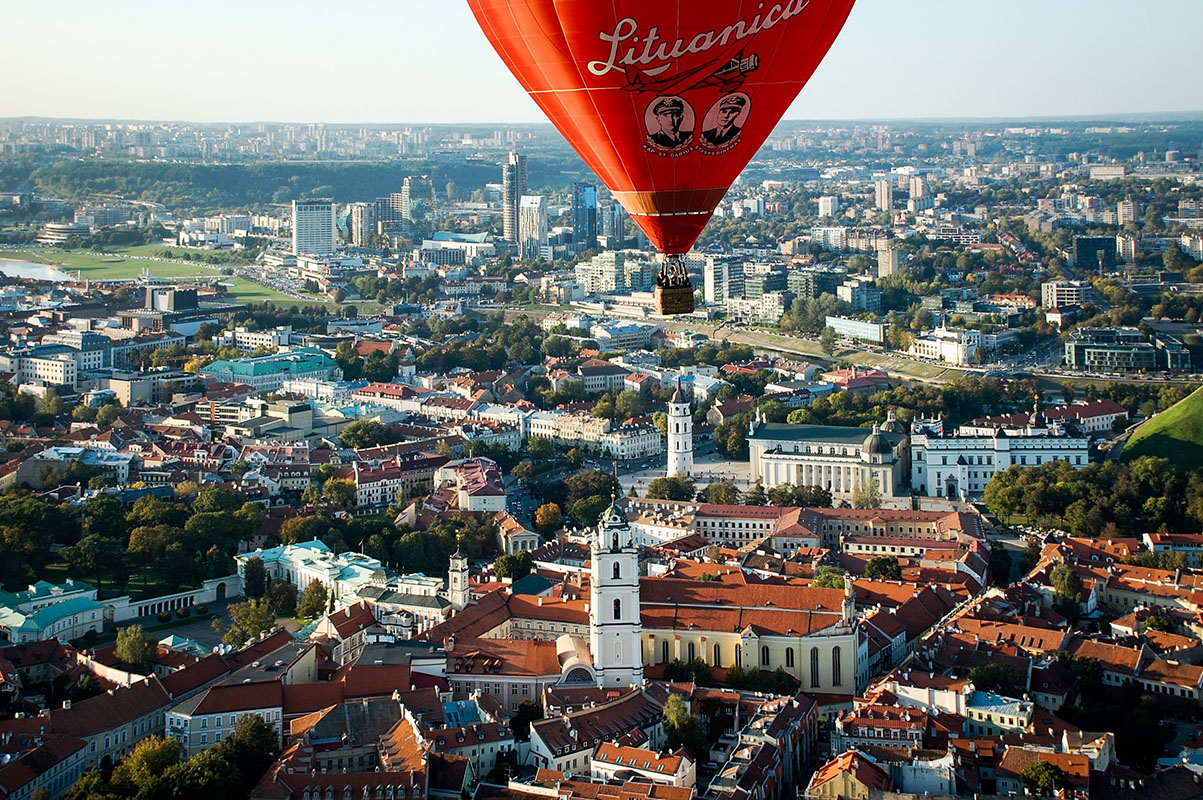
Since 1991, when the first meeting was organized in Veszprem (Hungary), the Working Party on History of Chemistry (WPHC) of the European Chemical Society (EuChemS) organizes an international conference on the history of chemistry in order to bring together historically interested chemists, chemistry educators and historians of chemistry from all over Europe and beyond. Thirty-two years later, the 13rd International Conference on History of Chemistry (13ICHC) will be held in Vilnius (Lithuania), from Tuesday 23 May to Friday 26 May 2023. On Saturday 27 May there is a day excursion outside Vilnius. Lees meer…
[Symposium] Isaac Beeckman reconsidered by Klaas van Berkel and Arjan van Dixhoorn (Amsterdam, 24 October 2022)
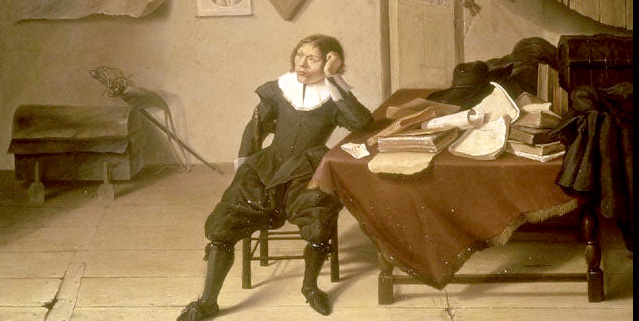
Today, the important role of Isaac Beeckman (1588-1637) in the initial stages of the so-called Scientific Revolution of the seventeenth century is contested by no one, if only because of his decisive influence on the young René Descartes. Yet recent research on his famous notebook, the Journal, convincingly shows that this notebook is much more than a scientific diary. His notes reveal a particular way of philosophizing that sheds new light on the cultures of knowledge in the early seventeenth century, especially in the Dutch Republic. Lees meer…

